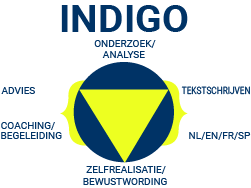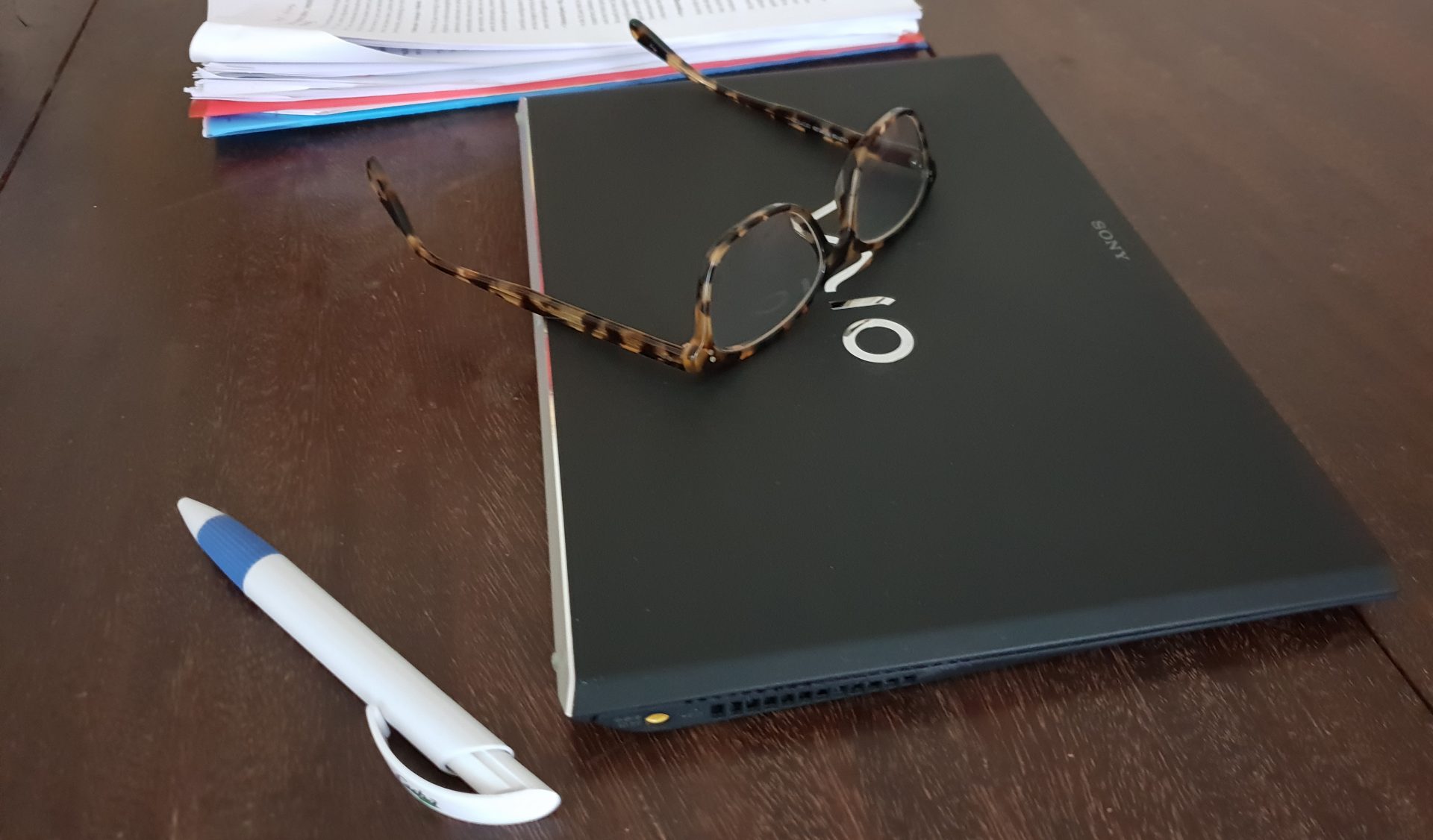In the series “Tools to Defy Workplace Bullying”, a positive start : An Encouragement!
‘Workplace Bullying’, being a ‘Victim of Workplace Bullying’…., it has a connotation of “weakness”. Not very helpful if you want to overcome the gigantic taboo on Workplace Bullying. For companies and organisations it is difficult to admit that it actually concerns adults perpetrating such behaviour. For an adult victim it isn’t any easier and often impossible to come out with the announcement ‘that you are being bullied’. Apparently it feels like weakness to the victim him or herself as well.
This while the opposite holds true! The victim is anything but weak! Otherwise, ‘the other side’ would not take so much trouble to make your life miserable and ideally ‘harass you out of your job’. The fact that it mostly concerns a majority from bully-side is what testifies of weakness.
As a target you have a vulnerability (who hasn’t?). Often concerning self-protection, assertiveness or entering into a confrontation (quite a job though, against a mob). This vulnerability then is perfectly sensed and abused by the bullies. But such a vulnerability is definitely not the same as weakness, and even less of the person as a whole.
Paul Verhaeghe ([Identity], 2012) for instance says that bullying is a sign of impotence. Under the surface smoulders anxiety. From fear of failure to wider social fear of that all too threatening other person.
Mobbing-expert, Marie-France Hirigoyen (Moral Harassment: The Perverse Violence of Daily Life, 2016) argues that bullies want to deprive you of assets that they do not possess… Envy thus! According to her it mostly concerns moral assets such as vitality, joy of living, happiness, self-knowledge/self-insight, freedom, sensitivity, creativity, (professional) talents/competence, et al. Nothing weak about any of this!
Jan Storms ([Destructive Relations under Scrutiny], 2010) endorses all of this and also confirms that victims actually concern individuals that have a lot to offer. They are authentic, intelligent ànd sensitive, powerful, extraordinarily conscientious and loyal, and wise.
You should not display all of this or stand out from the crowd, it is then advised. But that does not square with authenticity, if you ask me. Be aware of it and what the consequences thus may be but making yourself smaller is adjusting yourself and that takes you further away from who you really are, which is not healthy.
Brené Brown (Daring Greatly, 2012), passionate advocate of the ‘Power of Vulnerability’ (letting yourself be seen the way you really are), argues that for the kind of people who ‘don’t do vulnerability’ (read : because it’s weakness) there is nothing that makes them feel more threatened and more incited to attack and shame other people than to see someone daring greatly. Daring to be vulnerable, daring to be authentic.
Keep this in mind! Read and reread it again and again if need be, for a more realistic view of your attackers, but first and foremost in order to keep believing in yourself and retain your sense of self-esteem. Don’t let them deprive you of what they want most. What is more. As soon as you realise that that what it really is about cannot be taken from you, you become untouchable. But that’s for a next time.
Maartje Rutten, The Hague, March 2, 2019

